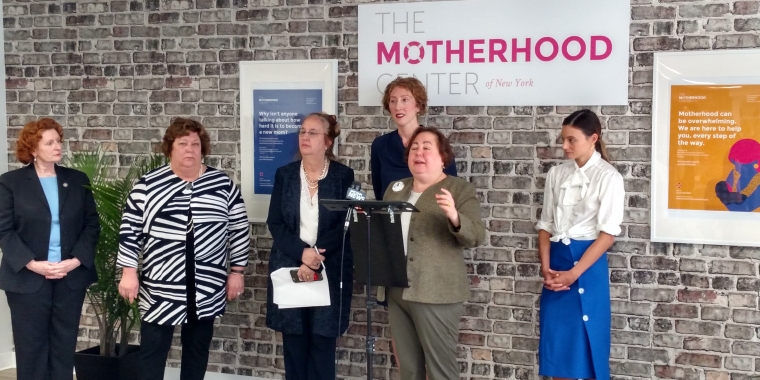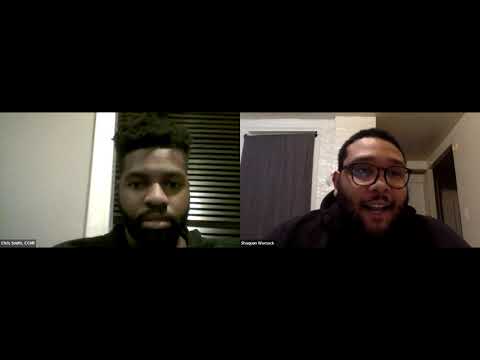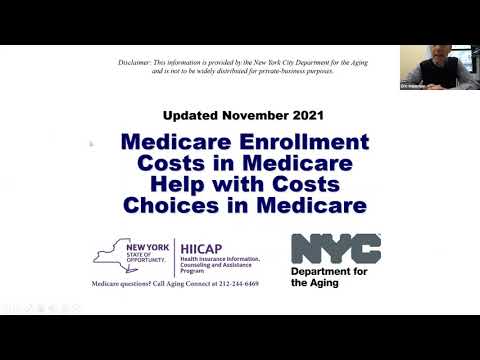
Senator Krueger And Assembly Member Simon Announce School Lunch Shaming Bill
May 31, 2017
-
ISSUE:
- School Lunch Shaming
- Hunger
- Education

New York – Today, State Senator Liz Krueger and Assembly Member Jo Anne Simon announced the introduction of a bill (A7376/S6444) to address the issue of school lunch shaming and school meal debt. Currently there is no statewide policy on delivery of free or reduced-price school meals to eligible children, resulting in a disparate patchwork of approaches that varies across districts and between individual schools. The new legislation would ensure families are connected with all the meal-related benefits to which they're entitled, and prevent schools from singling out or otherwise discriminating against kids who either have meal debt or receive free or reduced-price meals.
"In New York State in the 21st Century we simply should not allow our children to go hungry in school," said Senator Krueger. "Unfortunately, shame and stigma attached to free meals or meal debt can keep kids from getting the food they need. The patchwork of school meal policies throughout the state has contributed to this problem. For schools that can offer them, universal free meals are the most effective solution. But for those that can't, we need clear, statewide guidelines to ensure families get the help they need, and no child is singled-out because their family struggles to pay."
“All schoolchildren should have access to nutritious food and no child should be teased or made to feel ashamed because their family cannot afford school meals," said Assembly Member Simon. "First, this bill ensures that eligible children are enrolled in free and reduced-price school meals; and second, that kids are not denied a meal or shamed or identified in any way because they cannot pay. It also ensures that schools direct conversations about meal debt to the parents and not to the children.”
In schools across New York State, free, reduced-price, and full-price meals are available to families based on income. But stigma and shame associated with being identified as low-income causes many children to forgo the meals altogether. Children may also be shamed or pressured if their family owes a meal debt by, for example, being offered "alternative meals" like peanut butter and jelly sandwiches instead of the standard meal.
The most effective way to address school lunch shaming and ensure more children eat school meals is through a universal school meals program. The federal Community Eligibility Provision (CEP) allows schools and districts in high-poverty areas to provide all students with meals regardless of individual need. But not every district is eligible, and only 58.7% of eligible New York State schools take advantage of CEP.
For schools without universal meals, A7376/S6444 proactively provides a statewide policy floor to prevent shaming and takes important steps to ensure that the most egregious forms of lunch shaming are prohibited. Its introduction comes in anticipation of a USDA requirement that all schools must publish policies on unpaid meal debt by July of this year. Similar bills to prevent lunch shaming have already passed in New Mexico and California, and are pending in at least two other states.
A7376/S6444 would:
Ensure that eligible children are certified for free and reduced-price school meals by requiring that schools work with parents to help fill out relevant paperwork. If families owe meal debt, schools must check to see if children can be directly certified for free or reduced-price meals due to participation in other programs, such as SNAP.
Ensure that no children of any age are denied a meal because they owe school meal debt.
Ensure that children who owe meal debt or receive free or reduced-price meals are protected from stigma and shaming by prohibiting requirements for chores, throwing away food, using identifying handstamps or wristbands, restricting after-school activities, or providing alternative meals.
Ensure that schools do not approach children about school meal debt, but instead deal directly with parents when addressing financial matters.
Liz Accles, Executive Director of Community Food Advocates, said: "While eliminating the income-based school lunch program is the only way to completely end school lunch shaming in all of its forms, this bill takes an important step to secure basic protections for all students in New York State against the most egregious practices that directly mark, separate and shame children when their parents cannot afford to pay school lunch fees."
Linda Bopp, Executive Director of Hunger Solutions New York, said: "Too often, working poor families, especially those with more than one school-aged child, struggle to pay school meal costs. Even the reduced-price co-payment of 40 cents at lunch and 25 cents at breakfast can result in debt accrual. This bill would end practices of identifying and punishing students who owe school lunch debt and require that collection efforts be directed to parents – not children. The bill also encourages schools to take steps to ensure eligible children are certified for free or reduced-price school meals.”
Joel Berg, CEO of Hunger Free America, said: “We must end school meal shaming and work towards the goal of making free breakfasts and lunches available to all students. After all, to be schooled, you must be fueled. To be well-read, you must be well-fed. Making school meals more easily available – without stigma – is both good anti-hunger policy and good education policy. That’s why we strongly support this bill.”
###
Additional Background:
Food Research & Action Center: Establishing Unpaid Meal Fee Policies: Best Practices to Ensure Access and Prevent Stigma
http://frac.org/wp-content/uploads/frac-unpaid-meal-fees-policy-guide.pdf
related legislation
Share this Article or Press Release
Newsroom
Go to Newsroom
Medicare Parts A, B, C and D: Changes You Can Make to Your Coverage
November 23, 2021

Senator Krueger 2021 Veteran Hall of Fame
November 11, 2021

